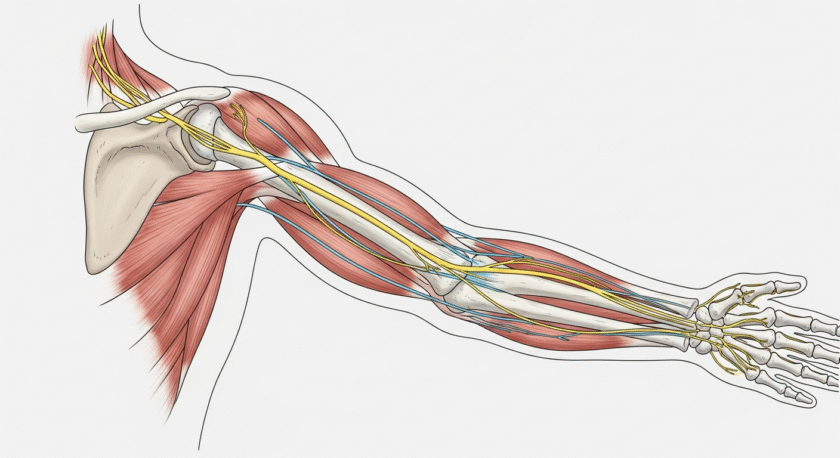
Those who are fasting regularly or who eat according to the rules of intermittent fasting experience many health benefits. Fasting can protect the brain from dementia, reduce breast cancer risk, and – as a new study shows – can also reverse diabetes. If the pancreas is repeatedly stimulated, the cells of the pancreas can be reprogrammed so that they can then form insulin again. Of course, certain fasting rules have to be monitored in diabetes in order to keep the blood glucose level up.
Fasting Has a Beneficial Effect on Diabetes
In a study with human pancreatic cell carcinoma cells, researchers at the University of Southern California (USC) discovered in February 2017 that a diet with regular fasting periods can have extremely beneficial effects on diabetes. Fasting helps stabilize the blood glucose levels and can also trigger the formation of new pancreatic cells. The new pancreatic cells then replace the old non-functional pancreatic cells – indicating a healing effect of fasting on diabetic patients.
Fasting Helps With Diabetes Type 1 or 2
In type 1 diabetes and in the late stage of type 2 diabetes, the pancreas loses more and more of its insulin-producing cells (beta cells) – and the instability of the blood glucose level increases.
The findings of Professor Valter Longo, head of the Longevity Institute of the USC Leonard Davis School of Gerontology in California, show that a diet with recurring fasting periods increases the number of insulin-producing beta cells in the pancreas after a short time and promotes insulin secretion for both type 1 diabetes and for type 2 diabetes. After this regimen diabetes symptoms had been improved in both types of diabetic patients.
When intermittent fasting is practiced again and again between phases of a normal diet, those pancreatic cells that can no longer produce insulin suddenly change back into insulin-producing cells, says Longo. This way, mice that are in a late stage of diabetes (type 1 or type 2) could be healed. It was also possible in human pancreatic cell cultures to reactivate the inactive pancreatic cells of type 1 patients via fasting to functional cells.
Fasting appears to be activated in the cell genes, which are normally active only during the embryonic period, ie when the pancreas develops. These genes provide for the formation of a certain protein. It is called neurogenin-3 and is abbreviated with Ngn3 – and precisely this protein is clearly a key substance that initiates the formation of new insulin-producing beta cells.
Five Days of Fasting Per Month Could Be Enough to Cure Diabetes
Professor Longo is currently planning the first clinical trials with the fasting method. He is sure that one day diabetics will be officially recommended by their doctors for fasting regimens, for example five days a month, and this can lead to healthy insulin formation and a balanced blood glucose level.
Diabetics Fasting Must Be Aided by Your Doctor
If you are a diabetic and want to try the fasting regimen, Professor Longo recommends that you discuss with your diabetologist or better with a fasting doctor. Let yourself be accompanied and advised during the fasting. After all, your blood glucose levels have to be closely checked during this time and your medication must be adapted accordingly.
Fasting is Helpful Even In Multiple Sclerosis
The study by Professor Longo was published in the journal Cell on February 23, 2017, and is the last of a series of studies dealing with the health benefits of fasting, particularly intermittent fasting.
These results showed that the described form of the fast can not only be highly recommended for diabetes, but also for the cardiovascular system, as an excellent anti-aging treatment, as well as cancer prevention and even in autoimmune diseases such as multiple sclerosis.



